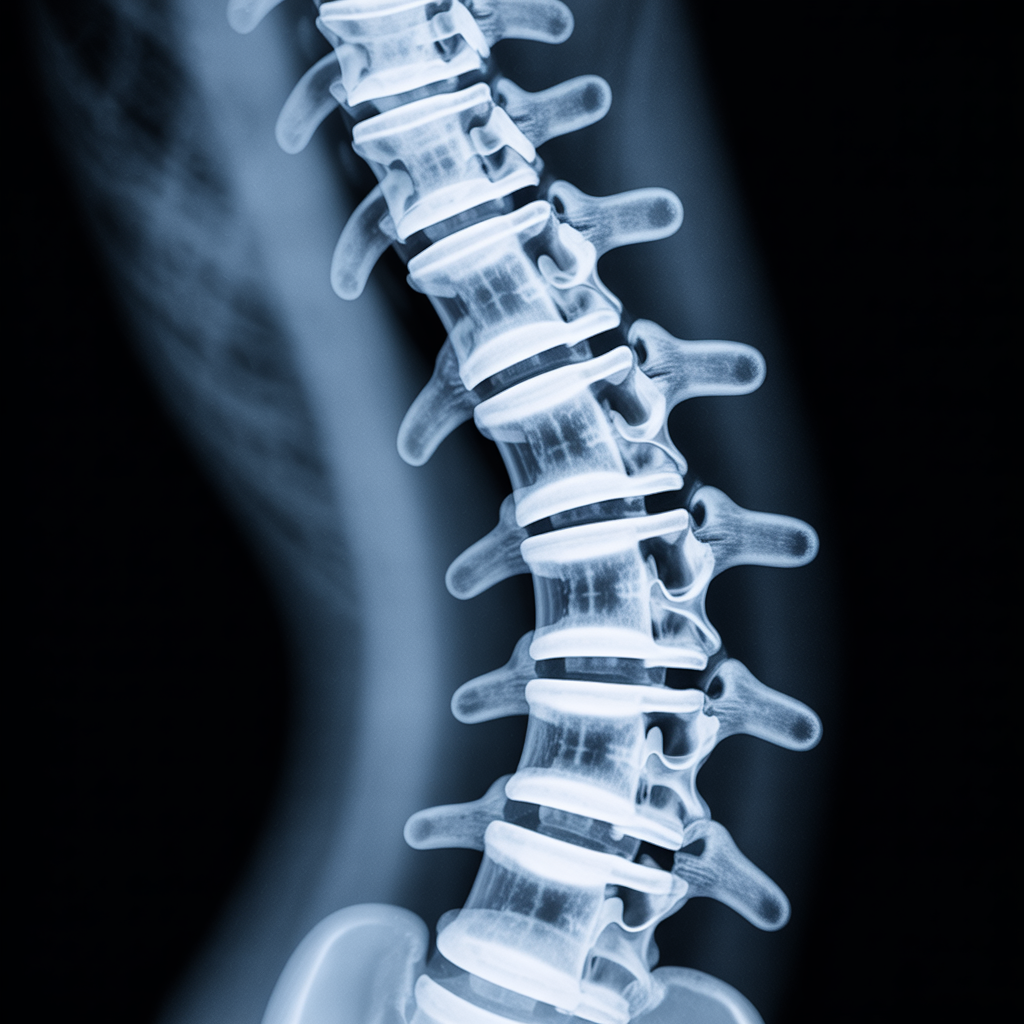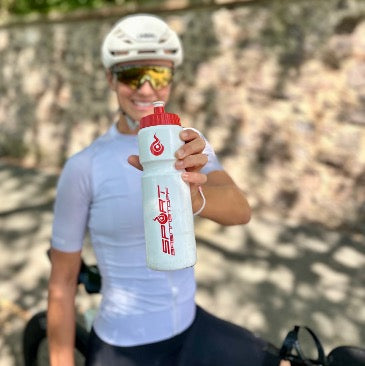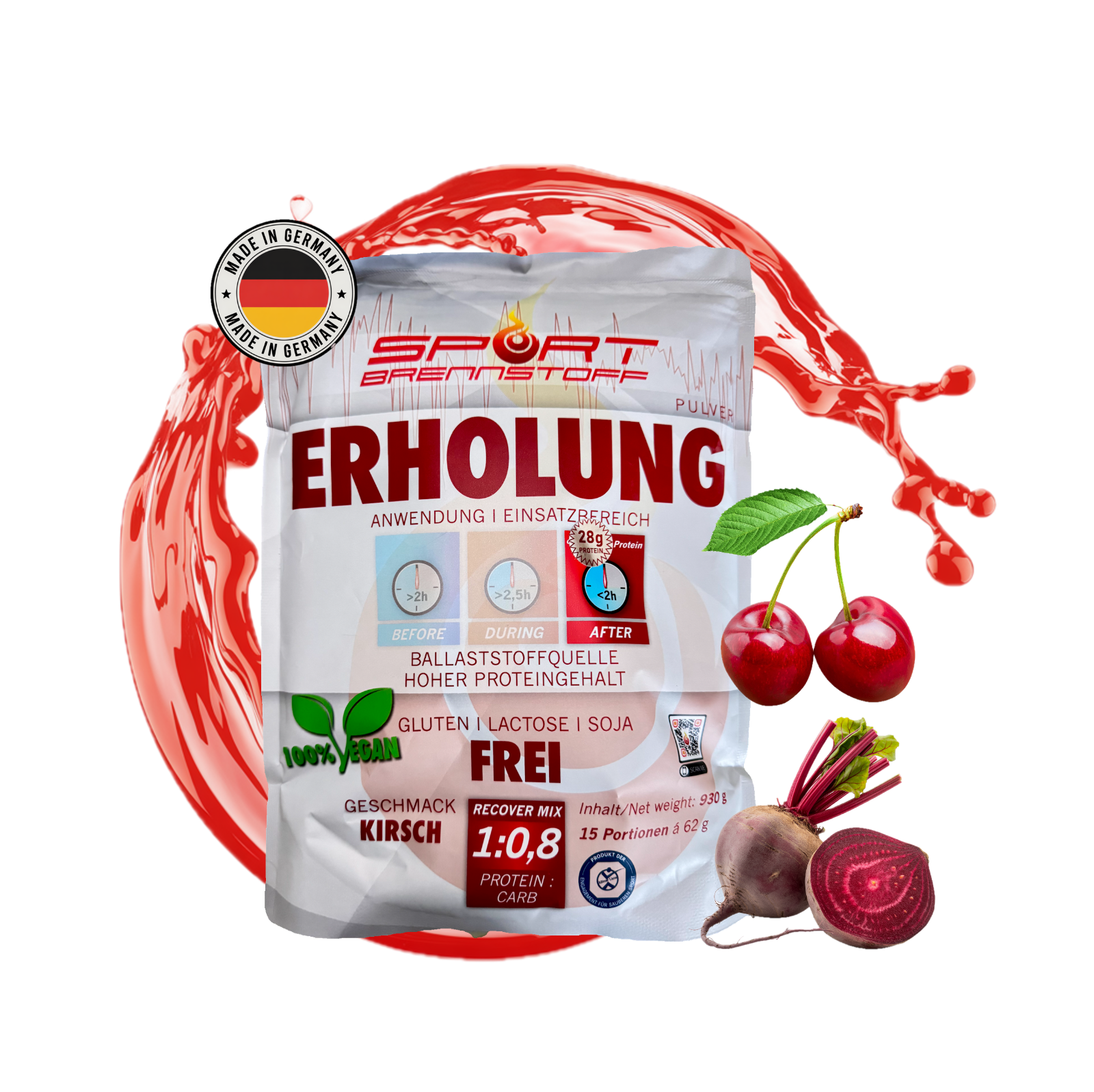Coffee is one of Germans' favorite beverages—whether in the office, on the go, or as a ritual before, during, or after a workout. But how does this indulgence affect mineral intake? The interplay is surprisingly complex and presents both opportunities and challenges—especially for physically active individuals.
What minerals are contained in coffee?
Coffee beans naturally contain minerals such as potassium, calcium, magnesium, and phosphorus, as well as traces of sulfur, manganese, and iron. During brewing, around 90 percent of the minerals from the bean are transferred into the cup, so significant amounts are still present in the finished beverage. One cup of coffee, for example, can cover about one-tenth of your daily requirement of niacin (vitamin B3) and also provides B vitamins.
The positive side: enjoyment with nutritional value
Coffee is low in calories and contains minerals as well as numerous antioxidants such as flavonoids and chlorogenic acids. These can help strengthen the immune system and slow the aging process. For many athletes, coffee therefore not only provides an energy boost from caffeine but also makes a small contribution to micronutrient intake.
The challenges: Is coffee a micronutrient thief?
As healthy as a cup of coffee can be, it's worth considering the other side. Coffee has a mild diuretic effect—meaning it increases the excretion of water through the kidneys and thus simultaneously promotes the excretion of minerals such as calcium, magnesium, and vitamin C. Sustained high coffee consumption can impair the supply of these nutrients and increase the risk of deficiencies, which negatively impacts bones, muscles, and immune function, especially in active people.
In addition, coffee can significantly reduce iron absorption—especially plant-based non-heme iron is bound in the intestines by the polyphenols contained in coffee and is no longer available to the body. This is particularly relevant for female athletes, vegetarians, and endurance athletes with a higher iron requirement.
How can you avoid mineral losses?
Timing: If you take minerals or iron as a supplement, you should leave at least 1-2 hours between coffee and taking it so that absorption is not hindered.
Balanced diet: A varied diet with plenty of fruits, vegetables, whole grains and nuts compensates for potential losses.
Fluid balance: Coffee can dehydrate the body – drinking enough water is essential, especially around training.
Moderation: 2-3 cups per day are considered safe – higher consumption can seriously disrupt your mineral balance.
Conclusion
Coffee is a pleasure, a lifestyle, and—in moderation—even a small source of nutrients! Those who want to pay attention to their mineral balance should consume coffee consciously and not as a substitute for healthy meals. Whether as a pre-workout ritual or as a daily companion: With a little knowledge of proper use, coffee and minerals go perfectly together—especially for active individuals.
Our cooperation partner VIVSTER HEALTH offers a 10% discount on your first order with the discount code BRENNSTOFF10 : GO TO SHOP




















Leave a comment
All comments are moderated before being published.
This site is protected by hCaptcha and the hCaptcha Privacy Policy and Terms of Service apply.